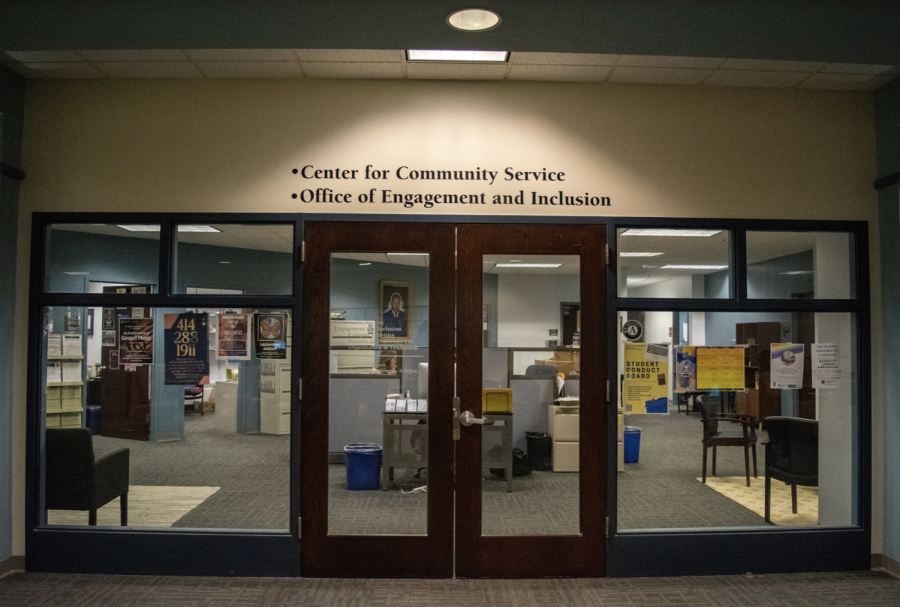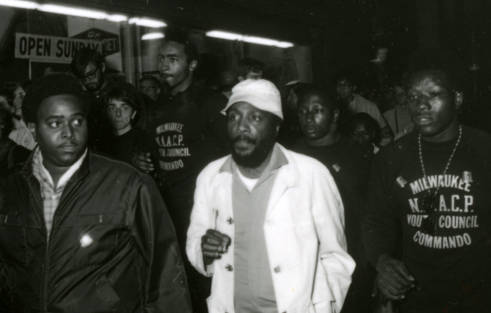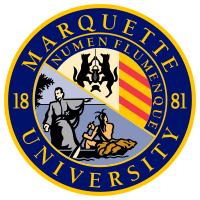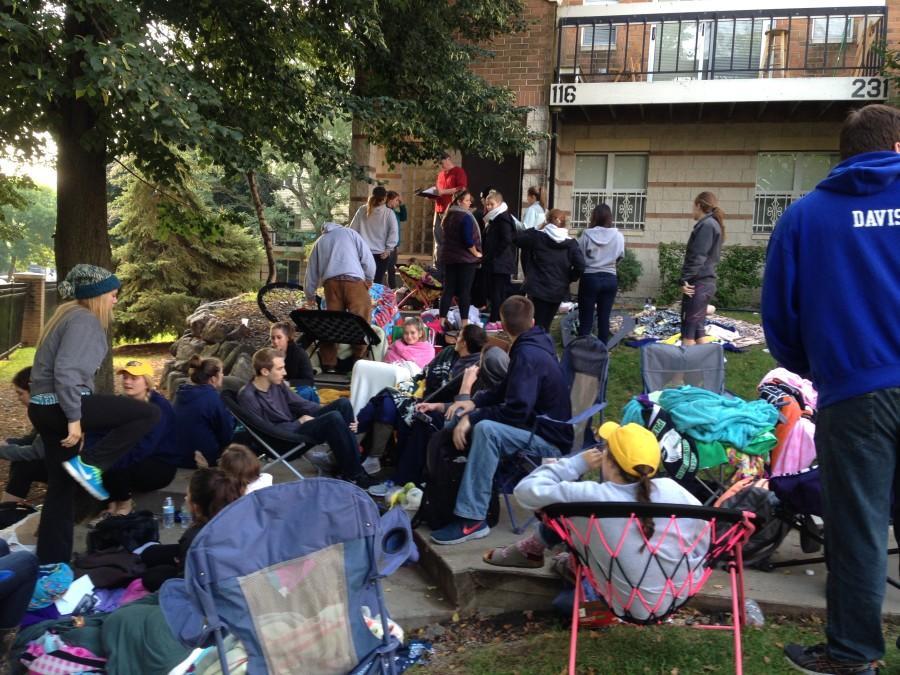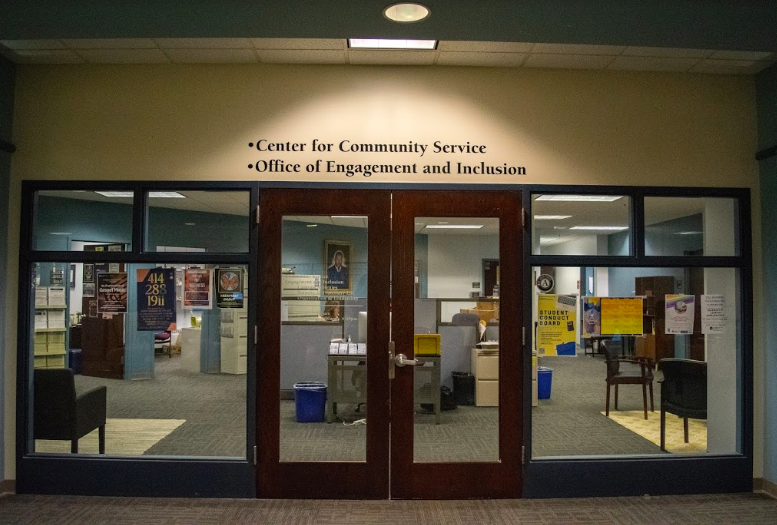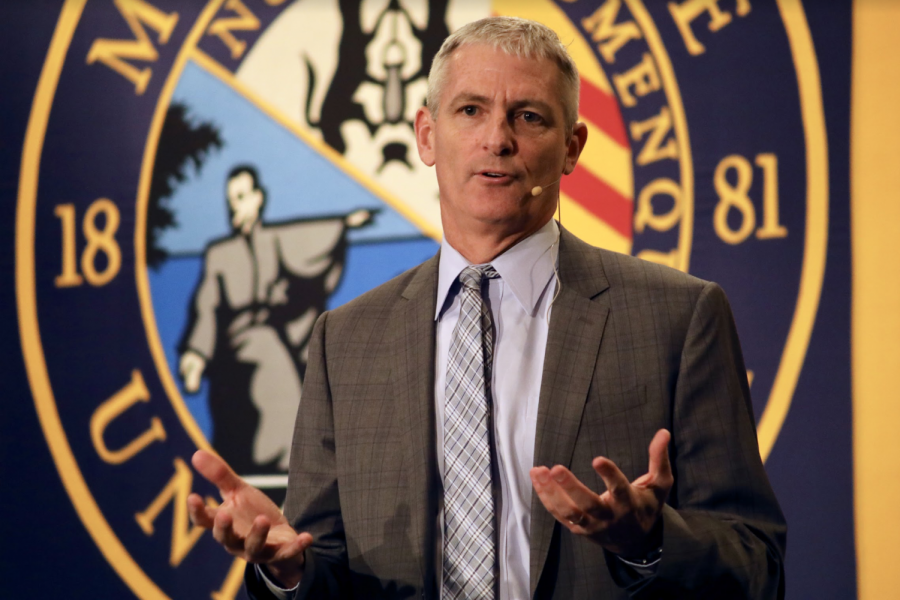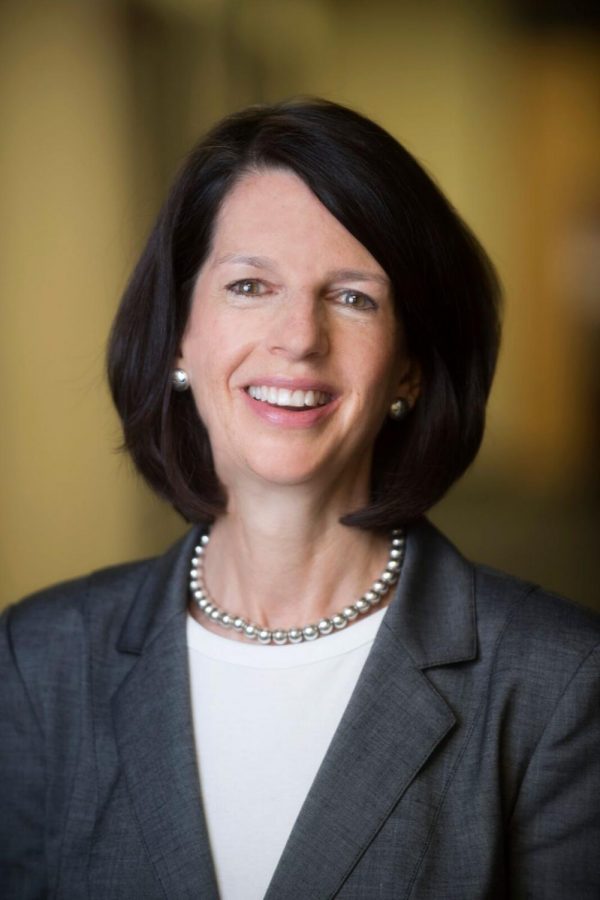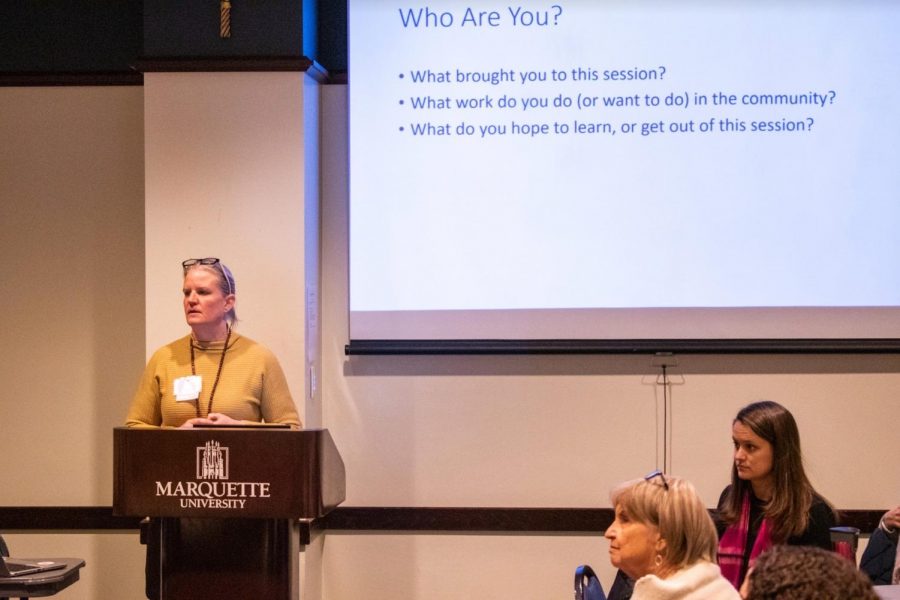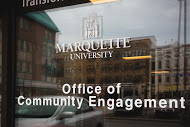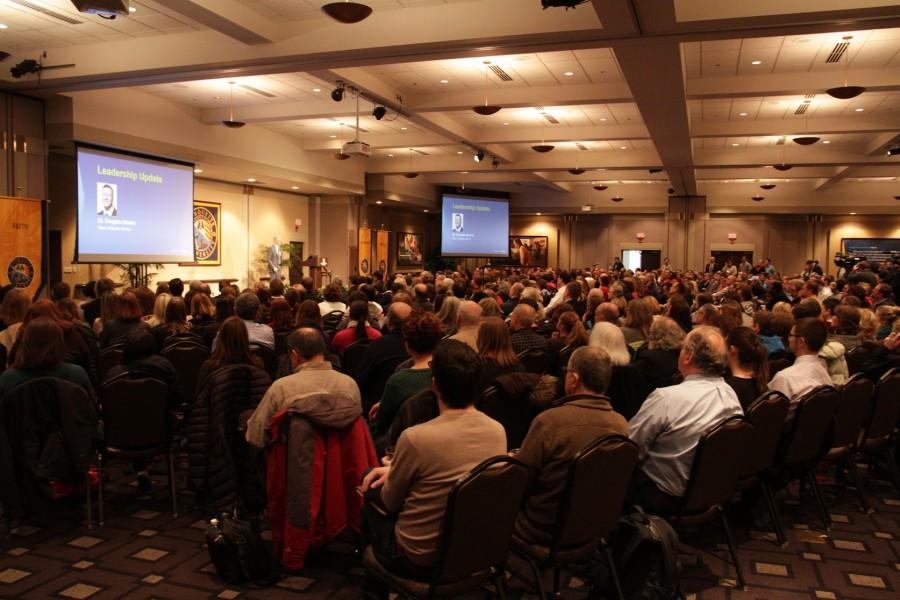The Office of Community Engagement and the Office of Corporate Engagement and Partnerships have been combined to establish the Office of Economic Engagement. Although the consolidation and name change are currently in effect, the department is undergoing a “logical transition period” according to a Nov. 11 university news release.
First opened in January of this year, the Office of Corporate Engagement and Partnerships was established to bolster the university’s relationship with businesses who share Marquette’s Jesuit mission, according to its website, while the Office of Community Engagement, formed in 2016, addressed social issues within the Marquette and Milwaukee communities.
“The missions (of OCE and OCEP), which have always shared commonalities, do not go away. Rather, we feel they can now better complement and strengthen one another,” Maura Donovan, vice president of OEE, said.
Though the union of OCE and OCEP was not made with the intention of cost management and no positions were eliminated in the process, the consolidation does allow for certain “operational efficiencies,” Chris Stolarski, associate director of communication, said.
“Any time you can bring together two offices that are working toward similar goals,” Donovan said, “you create an operation that can move more quickly, nimbly and efficiently.”
With regard to leadership, Donovan, formerly the vice president of OCEP, will keep the title as vice president of OEE while Dan Bergen, previously the executive director of OCE, has also retained his same title in the new office.
Both Donovan and Bergen said their roles in the new OEE will remain largely the same; however, each said that their respective experience with corporate and nonprofit organizations will make way for greater collaboration between the two sectors.
“Our offices were certainly effective, but they were effective separately, “Bergen said.
In a statement earlier this month, University President Michael Lovell said the new office will impact the community spefically through “strategic external partnerships.”
“We have deep and broad existing relationships with nonprofit organizations who typically have the expertise in affecting community change, but often do not have the resources,” Donovan said. “When we can build triangular relationships — corporate, nonprofit and university — we can create powerful partnerships for the greater good.”
At this time, Stolarski said, the university has no standing plans to combine any other offices.
“At the end of the day,” Donovan said, “whether it’s with a nonprofit organization, a corporate entity or a joint venture, our goal is to … make a positive impact on our community.”
This story was written by Nicole Laudolff. She can be reached at nicole.laudolff@marquette.edu.

